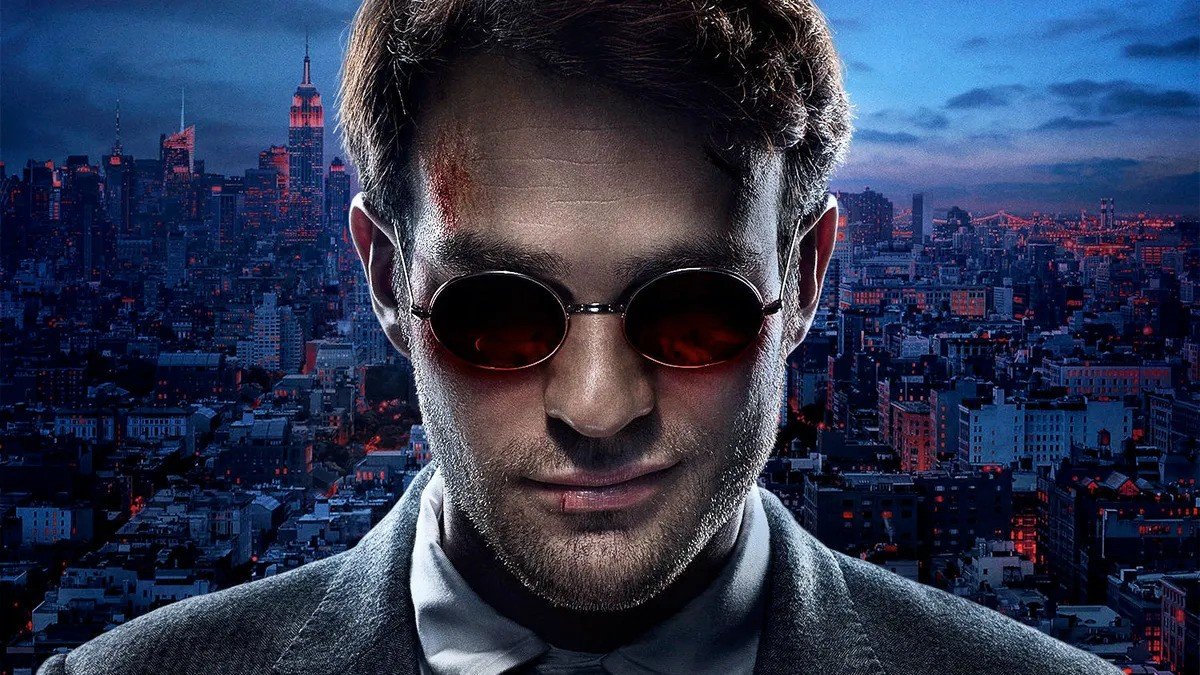Introduction
Daredevil Matt Murdock, the blind lawyer who fights for justice by day and patrols Hell’s Kitchen by night is one of Marvel’s most complex and enduring characters. Created in 1964, he combines the grit of street-level crime drama with moral complexity and legal ethics, giving readers more than just action: a reflection on justice, identity, and resilience. What makes Daredevil unique is the way his disability is integrated into his strengths rather than being merely a plot device. His heightened non-visual senses, relentless moral code, and the constant tension between his legal life and vigilante persona create stories that probe ethical grey zones and human vulnerability. This piece explores Daredevil’s origins, key themes, major adaptations, and why he continues to matter written to meet EEAT principles by relying on well-established character history, clear reasoning, and responsible presentation of facts for readers seeking trustworthy context.
Origins and character
Matt Murdock’s origin is compact but powerful: a childhood accident blinds him, a scientist’s radioactivity enhances his remaining senses, and a father’s death at the hands of criminals sets him on a path for justice. As a trained lawyer and a street-level hero, Daredevil occupies two very different systems for resolving wrongdoing: the court of law and the court of the street. That duality is central to his appeal. His legal training gives him rhetorical tools and a belief in institutional justice, while his vigilante work reflects disillusionment with systemic failure. Writers over decades have deepened his character exploring addiction, faith, and moral ambiguity making him more than a masked fighter. He’s a study in contradictions: devout yet tormented, disciplined yet impulsive, humanly fallible yet driven by an almost ascetic commitment to protect his neighborhood. Those layers transform action comics into narratives about conscience and survival.
Themes and storytelling
What sets Daredevil apart from many superhero tales is its sustained engagement with ethical complexity. Stories often center on whether ends justify means, the limits of the legal system, and how personal trauma shapes moral choices. Religion and faith are recurrent motifs: Matt’s Catholic background informs his guilt, penance, and search for redemption without ever providing neat answers. Writers use Hell’s Kitchen as a crucible where institutional corruption, poverty, and violence intersect; Daredevil’s choices are tested in environments that are rarely black-and-white. The character’s sensory perspective narratives sometimes rendered through his heightened hearing and radar-like spatial sense offers inventive storytelling techniques that create empathy and fresh cinematic sequences. Ultimately, the best Daredevil tales are as much courtroom drama and psychological study as they are superhero action, which is why creators with a talent for character-driven writing whether in comics, TV, or other media keep returning to him.
Adaptations and cultural impact
Over the decades Daredevil has crossed media boundaries: notable comic runs redefined him (including work by Frank Miller and others), and the Netflix television series introduced him to a broad, modern audience with a darker, more grounded tone. Each adaptation emphasizes different facets: the comics can play with inner monologue and long-form arcs, while screen versions highlight choreography, mood, and serialization. Daredevil’s influence extends beyond entertainment: he’s a rare mainstream superhero whose disability is central but not reductive, opening conversations about representation and agency. The character’s gritty, urban orientation also helped pioneer more adult-oriented takes on superheroes, paving the way for other street-level vigilante stories. Culturally, Daredevil appeals to readers who want moral nuance and to creators who want to tackle social issues through genre storytelling, making him a touchstone for mature comic narratives and serialized television drama.
Why Daredevil matters today relevance in a complicated world
In today’s cultural climate, where institutions are scrutinized and conversations about accessibility and representation are prominent, Daredevil remains relevant. His storyline raises questions about how society treats the vulnerable, how justice systems succeed or fail, and what personal responsibility looks like when institutions fall short. Moreover, the character models resilience without glorifying violence: his conflicts often underscore the high personal costs of vigilantism, encouraging readers to weigh alternatives to revenge. Contemporary writers have used Daredevil to explore systemic issues corruption, legal ethics, addiction, and trauma in ways that resonate with modern readers searching for protagonists who reflect real-world complexity. His persistence as a franchise character shows that audiences value stories that combine emotional honesty with speculative thrills.
Conclusion
Daredevil endures because he is more than heroic spectacle: he’s a moral mirror. Through his legal mind, heightened senses, and haunted conscience, stories about Matt Murdock probe how ordinary people survive and seek justice amid flawed systems. Whether you discover him in classic comic arcs, modern graphic novels, or screen adaptations, Daredevil offers dense character work, bold narrative experimentation, and ethical dilemmas that stay with the reader. He is proof that superhero fiction can be serious literature thrilling, morally inquisitive, and emotionally resonant while still delivering the pulse-quickening action fans expect.
Frequently Asked Questions (FAQs)
- What is Daredevil’s real name?
Matt Murdock. - Is Daredevil blind?
Yes he was blinded by an accident as a child, and his other senses were heightened. - Does Daredevil use weapons?
He typically uses a billy club and relies mainly on his martial skills and senses. - Is Daredevil a Marvel character?
Yes Daredevil is a Marvel Comics character first appearing in the 1960s. - What makes Daredevil different from other superheroes?
His combination of legal profession, disability-informed abilities, moral complexity, and urban crime drama tone distinguishes him.
